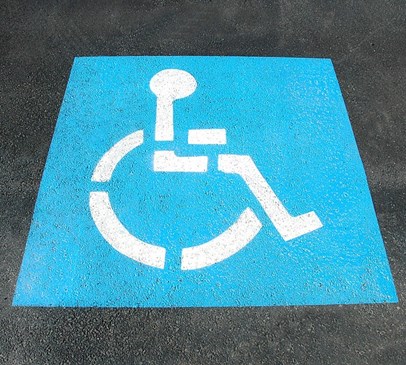After seeking the views of brain injury survivors, their families and carers earlier this year, Headway commented on the proposals which would include hidden disability in the range of conditions that can be taken into account for allocation of a Blue Badge.
Although some brain injury survivors have additional physical disabilities which mean they are already eligible for the scheme, others with hidden disabilities such as cognitive impairment, psychological effects and cognitive fatigue should also be able to obtain a Blue Badge.
Dr Clare Mills, Headway’s Public Affairs Manager, said: “We are pleased that the Government has listened to Headway and others about the effect of hidden disabilities. Widening access to the Blue Badge Scheme will help many people living with the effects of brain injury which, because they are hidden, can make life extremely difficult.
“We hope the Government will move quickly to issue the revised criteria and push the necessary legislation through Parliament as soon as possible. We will be asking brain injury survivors, their families and carers to let us know if they still experience problems in obtaining a Blue Badge once the revised scheme is in place. But overall, this is good news.”
One of the key changes will be the widening of the scope of independent mobility assessors. Once the new scheme is in place, assessors will look at all aspects of eligibility.
The complexities of brain injury can make it difficult for people to communicate or ask for help. Carrying an official Headway Brain Injury Identity Card can provide survivors with the confidence to know that if they need help, their needs can be easily identified, whether in social situations, or if they come into contact with police officers or other emergency services workers. The card is available to anyone in the UK aged 18 and over who has a verifiable brain injury.
Join the conversation
Further information
The Government’s announcement can be read on the gov.uk website.
Back









